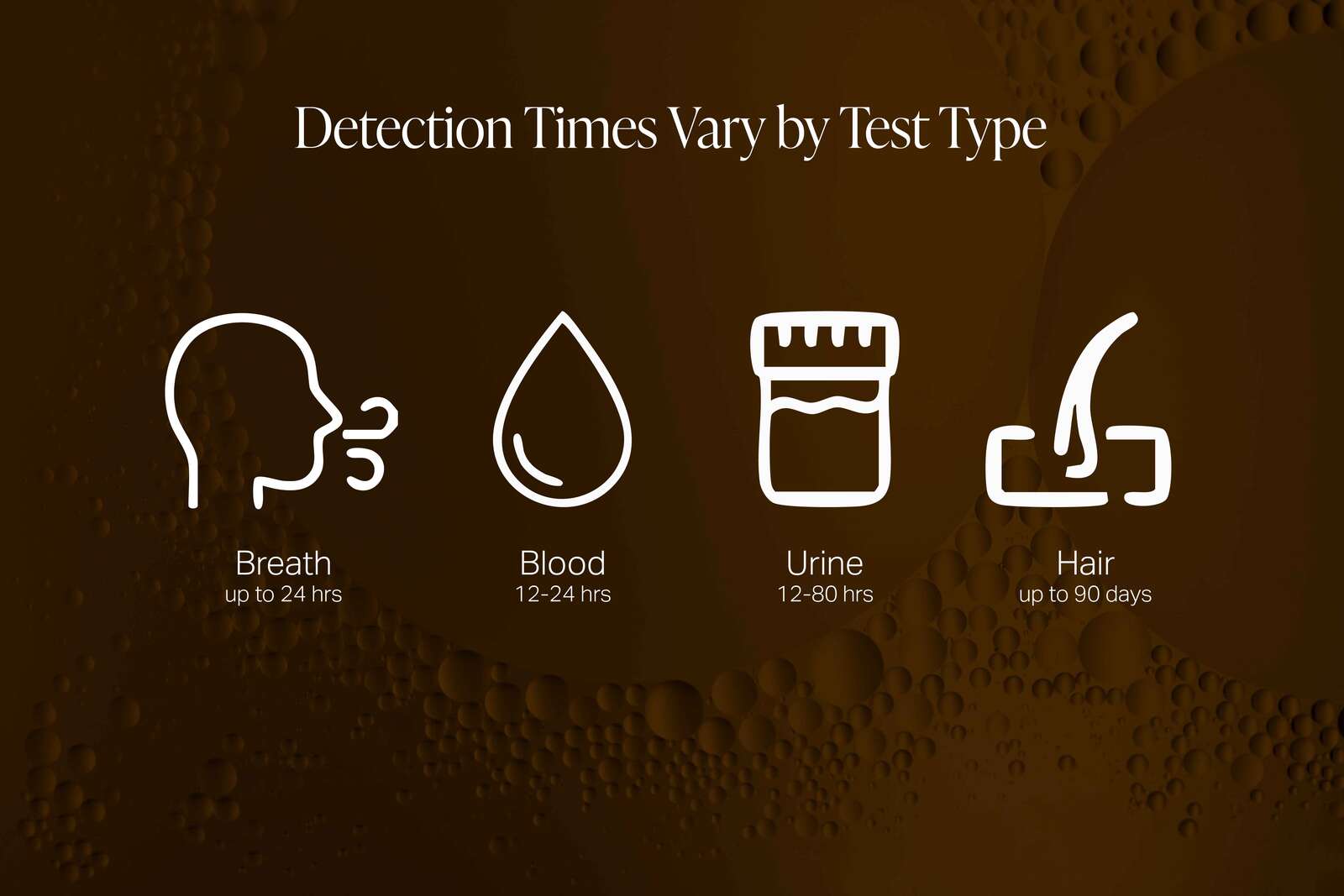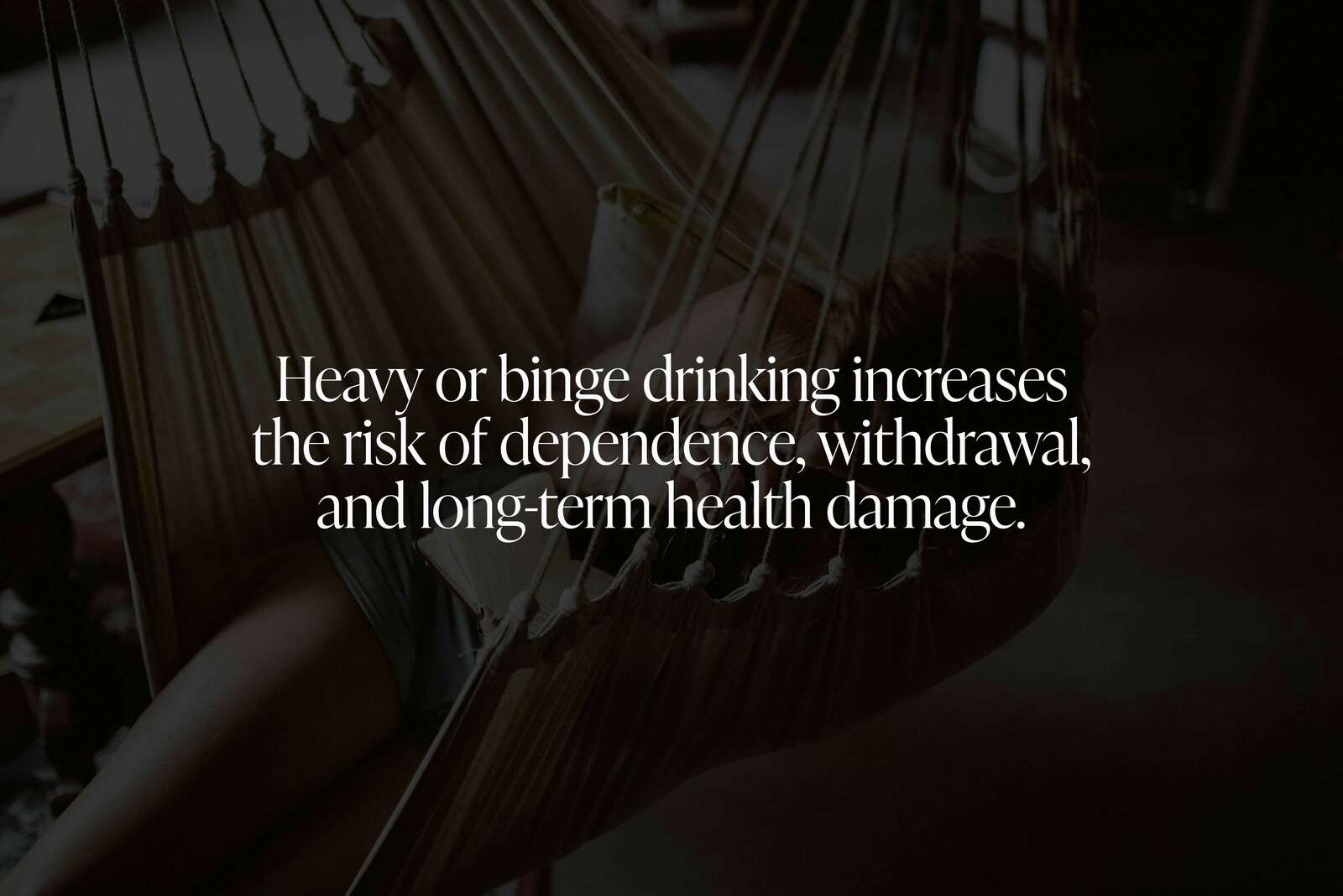Table of Contents
Alcohol remains in your system for a measurable period based on the amount consumed, your body composition, metabolism speed, and overall health. On average, the human body processes alcohol at a rate of about 0.015% BAC (blood alcohol concentration) per hour. This means that one standard drink, which contains roughly 14 grams of pure alcohol, takes about one to two hours to metabolize completely. However, large quantities or binge drinking can extend this timeline significantly.
The concept of “sobering up” quickly is often misunderstood. While you may feel more alert after coffee, fresh air, or a cold shower, these do not speed up the liver’s metabolic process. The only way to fully clear alcohol from the body is time.

How Alcohol Is Processed in the Body
After you drink, alcohol travels through the stomach and small intestine into the bloodstream. From there, it is transported to the liver, where enzymes, primarily alcohol dehydrogenase (ADH), break it down into acetaldehyde, a toxic compound. Acetaldehyde is then converted into acetate and eventually into water and carbon dioxide for elimination.
A small percentage of alcohol leaves the body through breath, sweat, and urine without being metabolized. This is why breathalyzer tests and sweat patches can detect alcohol even after the effects have worn off.
- Absorption: Starts within minutes of drinking and can be slowed by eating food beforehand.
- Peak BAC: Usually reached within 30–90 minutes depending on drinking speed and food intake.
- Elimination: Average of 0.015% BAC reduction per hour, though this rate can vary slightly between individuals.
Factors That Influence Alcohol Retention
While the average processing rate is consistent, several measurable factors can extend or shorten the time alcohol stays in your system.
- Body Weight: People with higher body mass often have more body water, which dilutes alcohol.
- Gender: Women generally have less body water and lower ADH activity, which can result in slower alcohol processing.
- Food Intake: Drinking on an empty stomach increases absorption speed and peak BAC.
- Metabolic Rate: A naturally faster metabolism may slightly reduce retention time.
- Liver Health: Damage from conditions like hepatitis or fatty liver disease can significantly slow alcohol breakdown.
Typical Detection Windows for Alcohol
Different testing methods can detect alcohol for varying lengths of time:
- Breath: Up to 24 hours with standard breathalyzers.
- Blood: Typically 12–24 hours.
- Urine: 12–48 hours with standard tests; up to 80 hours with ethyl glucuronide (EtG) testing.
- Hair: Up to 90 days.
These windows vary with drinking patterns. Chronic heavy drinkers may have longer detection times due to residual alcohol metabolites and slower elimination rates.

Can You Shorten the Detox Timeline?
No method can speed up the liver’s enzymatic process. However, you can support your body’s recovery by staying hydrated, consuming nutrient-rich meals, and getting sufficient rest. Hydration helps prevent dehydration-related symptoms, and balanced nutrition supports overall metabolic health.
For individuals struggling to control their drinking or dealing with repeated heavy use, structured programs like alcohol rehab offer medical support, counseling, and relapse prevention strategies.
The Dangers of Alcohol Dependence
Regular heavy drinking can lead to tolerance and dependence, where your body adapts to the constant presence of alcohol. This increases the risk of withdrawal symptoms — ranging from mild anxiety to severe conditions like delirium tremens — if you stop suddenly. Long-term health risks include liver disease, high blood pressure, heart disease, and neurological damage.
Even occasional binge drinking carries risks such as accidents, injuries, and acute alcohol poisoning. Understanding how long alcohol remains in your system can help you make safer decisions and recognize when professional help is needed.

More Insights into Alcohol and Recovery
How Long Does Alcohol Stay in Your Urine and Affect Testing?
Alcohol can be detectable in urine for up to 48 hours with standard tests, and for as long as 80 hours using EtG testing. Testing sensitivity and hydration levels influence these timelines.
What Happens to Your Body During Alcohol Detox?
Detox triggers your body to remove toxins and restore chemical balance. Withdrawal symptoms such as headaches, nausea, and irritability can occur, and medical supervision is often recommended for safety.
Can You Speed Up Alcohol Detox Naturally?
While you cannot alter the body’s metabolic rate, drinking plenty of water, eating whole foods, and resting adequately can ease discomfort during detox.
Why Does Alcohol Withdrawal Happen and How Can You Cope?
Withdrawal occurs when the brain, adapted to alcohol’s depressive effects, becomes overactive in its absence. Managing symptoms safely may require medical oversight, especially for severe cases.











